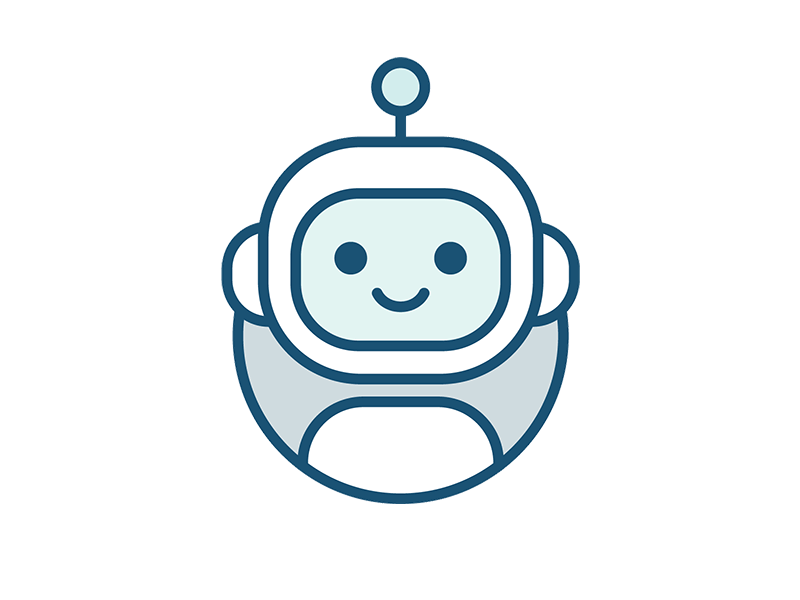Why Chat GPT Can't Replace QA Engineers in Software Testing

AI technologies, such as Chat GPT, have been touted as the next big thing in software testing, promising to automate testing processes, reduce costs, and improve software quality. However, while AI can be useful in some aspects of testing, it cannot entirely replace the role of a QA engineer.
Here are some reasons why:
1. Lack of Human Judgment
One of the primary limitations of Chat GPT is its lack of human judgment. While it can identify patterns and generate responses based on input data, it can’t analyze the quality of software from a human perspective. QA engineers bring a valuable human element to the testing process, using their critical thinking skills, domain knowledge, and experience to evaluate software performance, identify potential issues, and ensure the software meets user requirements.
2. ChatGPT is error-prone
While ChatGPT is a highly advanced AI language model, it is not perfect and can be error-prone. AI technologies like Chat GPT rely on large datasets and complex algorithms to generate responses to user queries. However, these responses may not always be accurate or appropriate, especially when it comes to software testing scenarios that require critical thinking, judgment, and domain expertise.
Moreover, AI technologies may be biased towards certain types of responses, which can lead to inaccurate testing results. For example, Chat GPT may generate false positives or false negatives, which can lead to incorrect conclusions about the quality of software.
3. Complex Testing Scenarios
While Chat GPT can be trained to recognize and respond to specific inputs, it may struggle with more complex testing scenarios. QA engineers are responsible for designing and executing comprehensive testing strategies that take into account different inputs, edge cases, error conditions, and unexpected scenarios. They also use their problem-solving skills to identify and diagnose issues that arise during testing.
4. Collaboration and Communication
QA engineers play a critical role in collaborating with development teams, stakeholders, and end-users to ensure that software is developed according to requirements and specifications. This requires effective communication, teamwork, and interpersonal skills, which are not currently replicable by Chat GPT or other AI technologies.
5. Technical Expertise
QA engineers possess technical expertise and knowledge of testing tools and methodologies that are essential for effective testing. While AI technologies can automate some testing processes, QA engineers are responsible for developing and executing testing scripts, debugging issues, and ensuring that testing frameworks are used effectively.
6. Legal and Regulatory Compliance
Compliance with legal and regulatory standards is essential in many industries, including healthcare, finance, and government. QA engineers play a critical role in ensuring that software meets legal and regulatory requirements, which involves a deep understanding of industry-specific regulations and compliance frameworks.
Conclusion
While AI technologies may help in some aspects of software testing, they cannot replace the critical role of QA engineers. As the field of software testing continues to evolve, it is essential to recognize the value of human judgment, technical expertise, and communication skills that QA engineers bring to the table.
By working collaboratively with AI technologies, QA engineers can enhance their testing efforts and ensure that software meets user requirements, quality standards, and regulatory compliance.
What do you think? Will the Chat GPT replace QA Engineers?
If you find this article interesting and useful, then don’t forget to share this with your friends. Also, feel free to share your comments/suggestions below ❤️